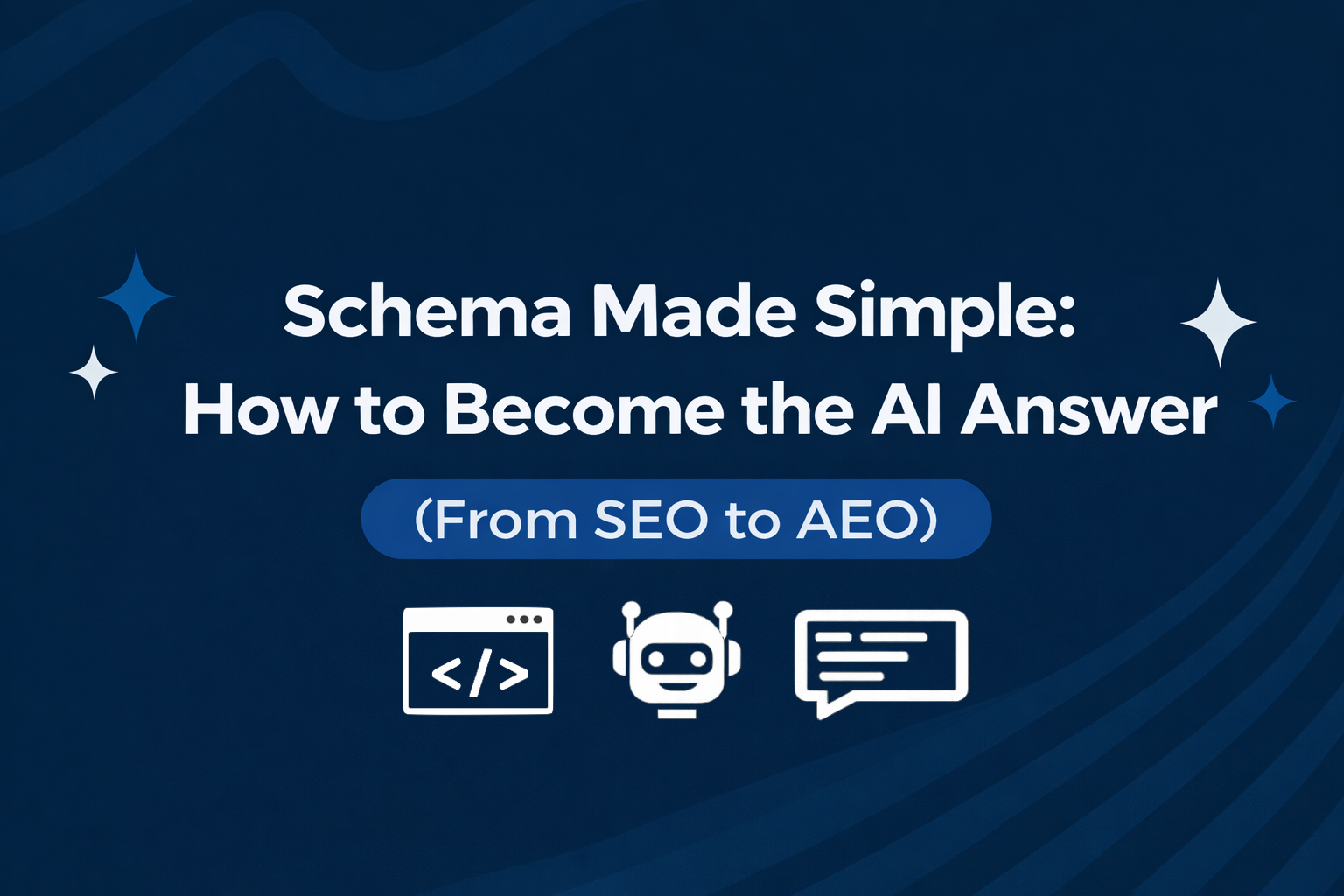Inbound marketing – modern marketing – isn't about putting a product in front of a lead and hoping they'll buy it. It's about more than that: developing buyer personas to help you get to customers at the very beginning of the purchasing decision, developing a relationship with those customers, and continuing to deliver value even after a conversion has been made.
Related Blog: Why is Blogging Still Important for Content and Inbound Marketing
That wide-ranging, long-term focus means that you can't be successful if your content is 100% about your product, 100% of the time. After all, your product is probably the end solution to a single problem or set of problems the customer has, and once they've decided for or against that, they don't need to engage on that topic any further.
Customers are more than that one set of problems. They have other pain points, they're curious, and they're always interested in learning new things which make their lives easier or better. If you can enrich their daily lives, they'll want to come back to you – and, even better, they'll develop positive associations with your brand.
Integrating yourself into their daily lives by creating helpful, general content is known as interacting with people at the top of the funnel. These people are at the beginning of their buyer's journey. They will appreciate the accessibility of more general content and as they progress through the buyer's journey, they will come back to your brand as they find a need for more specific content.
Because of this, marketing blogs should provide customers with an array of information. Customers should be able to read information about questions they have directly related to your business as well as problems that may not necessarily relate, but could have possibly led them to start asking questions that lead to the services your business provides. The more you can guide people along, the more attractive and memorable your company will be to potential customers.
When you're branching out with your blogging, widen your focus by sitting down with your buyer personas and asking a few key questions:
What are these buyers asking themselves?
- What spurred them onto the search which led them to your product? What do they really want? In the example above, someone looking for information on marketing wants to convert a lead. The strategy they use to do that might be to get their SEO in order, but understanding the psychology of a buyer will give them more tools which directly help them in achieving their underlying goal. If you can identify your customers' goals, you can help them in ways they might not have expected.
What are your customers' challenges?
- Even if these have nothing to do with your project, lending a bit of advice or guidance costs you little and can mean a lot.
Remember: inbound marketing is about facilitating your customers' search for solutions. Don't imagine that your buyer personas are puzzles which are just missing the piece that is your solution. Instead, treat them like people: curious, multifaceted, ready to learn, and appreciative of any help you can provide for them.




.png)
